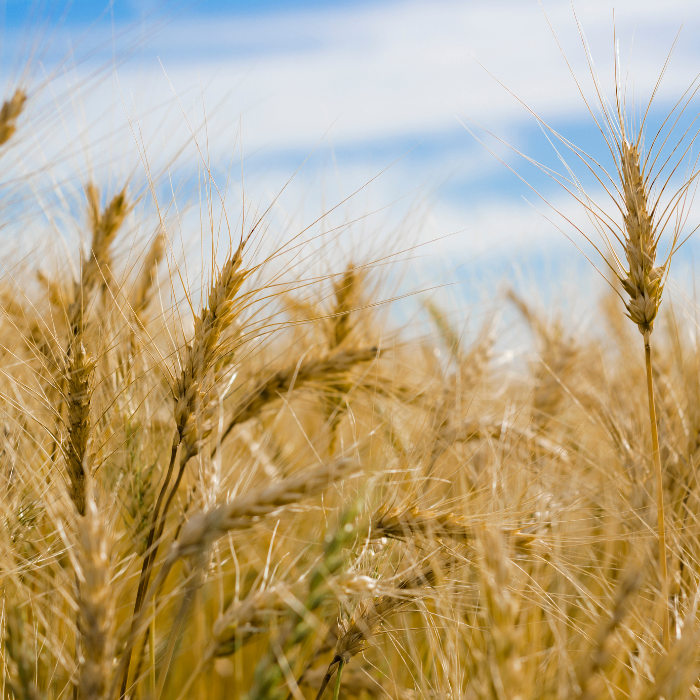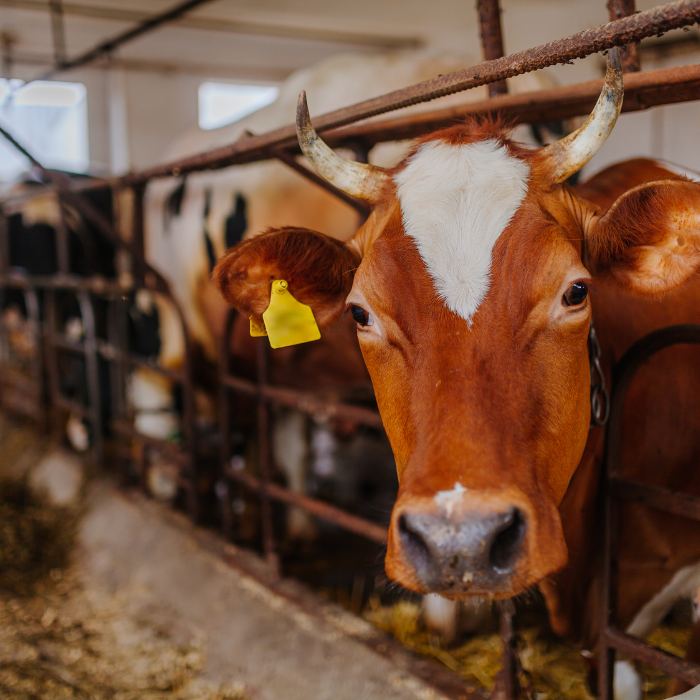Agriculture
Agriculture Management
Agricultural management is an occupation that involves the science of food production. Agricultural management includes: farming techniques, animal domestication, and processing food. At PHILLY-TECH, students will learn to manage farmland, maintain profitability, manage crop fertility, resource conservation, and related legal requirements.
Students will also learn about the operations of one or more farms, ranches, nurseries, timber tracts, greenhouses, and other agricultural institutions.
Course cost and schedules……

Agriculture Production Management
At PHILLY-TECH, agricultural production management includes how farmers balance land use, water conservation, commercial inputs, and labor forces. Students will apply production management skills and practices to the systems that produce food.
Students will practice production farm management and make decisions involved with organizing and operating a farm for maximum production and profit. In addition, students will learn about agricultural economics (i.e. prices, markets, policy, and leasing and credit).
PHILLY-TECH’S agricultural production management program involves practice in agricultural processing that includes the operations that transform, package, sort, or grade livestock that are used for intermediate purposes or final consumption.
Course cost and schedules……

Agriculture Commodities Management
PHILLY-TECH’S Agricultural commodities program includes study about agricultural commodities crops that are planted and produced annually including: wheat, cotton, flax, corn, dry beans, oats, barley, rye, rice, peanuts, soybeans, sugar beets, sugar cane, tomatoes, grain sorghum, sunflowers, raisins, oranges, sweet corn, and dry peas.
This process also includes freezing and canning food and the timber. Students will study supply chain management, the relationship between businesses’ responsible for the production and supply of food. Additionally, students will learn about the agribusiness products delivery from farm level to consumers, to reliably meet consumers requirements in terms of quantity, quality, and price.
Course cost and schedules……

Applied Agriculture Science
Agricultural sciences are the sciences that study food production and processing. PHILLY-TECH helps students understand the technologies of soil cultivation, crop cultivation and harvesting, animal production as well as plant and animal processing products for consumption.
At PHILLY-TECH, students will learn about transformed agricultural research system which helps to achieve sustainable food and income for all agricultural producers and consumers.
Course cost and schedules……

Agriculture Machine and Equipment
The machineries are used to increase agricultural production and operations. At PHILLY-TECH, students will learn about agricultural equipment, the machineries and their maintenance management. The most common types of equipment and machinery used on farms include tractors, balers, combines, plows, mowers, planters, and sprayers.
PHILLY-TECH’S program provides students with strategies for planting and using equipment specifically for crops. Additionally, students will learn energy management, particularly those used for operating different types of machinery. These strategies will teach students production efficiency and operating machinery to encourage large scale production and improve the quality of farm produce. Students will learn about farm labor, environmental pollution, deforestation and erosion as well as the managing chemical products used in agriculture.
Course cost and schedules……

Livestock Management
Livestock management refers to the activities carried out by a farmer in effort to raise farm animals through their life cycles. PHILLY-TECH will teach you the provision and maintenance of adequate housing, good feeding, sanitation and veterinary care.
At PHILLY-TECH, students will learn requirements for livestock management including: quality supply of feedstuffs, the use of the most appropriate genetics, high health standards, optimizing housing and environmental conditions; the quality assurance requirements and the sound knowledge of market.
Course cost and schedules……

